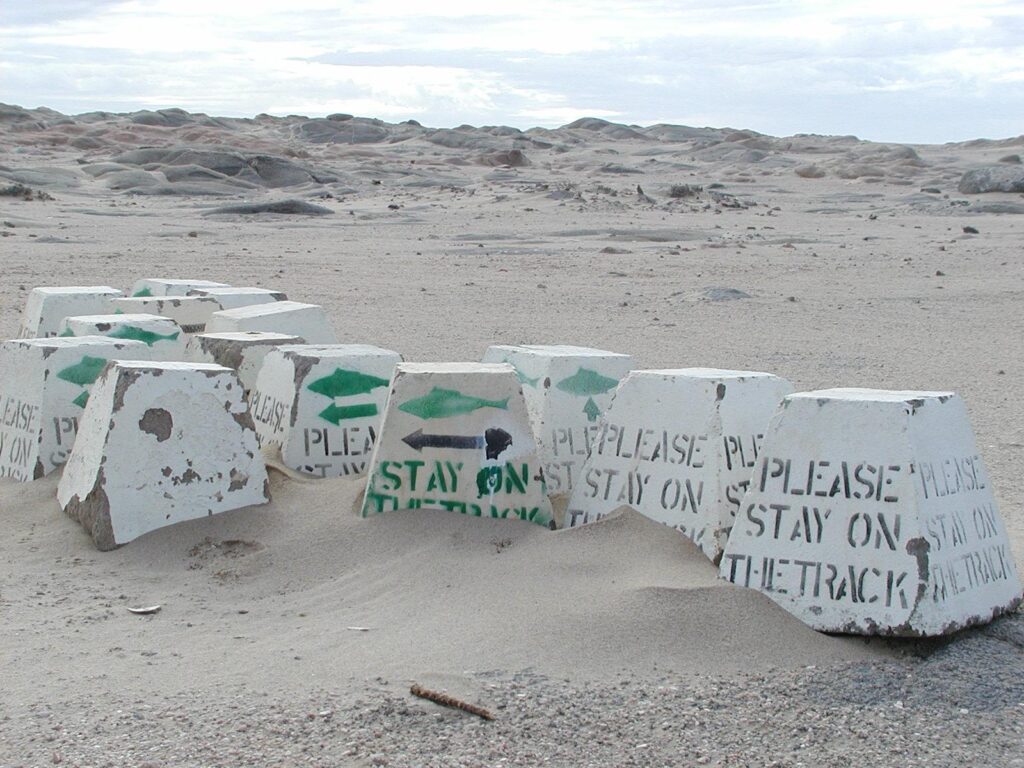In his latest newsletter, Mark Manson mentioned the idea of being “below the API”. Peter Reinhardt who described this idea in 2015 explains it as a software layer directing human actions.
It is a software layer that automates jobs, optimizes their output, productivity, and quality. At the same time, it drives the price of that service down. His examples are Uber and 99designs. Both are a platform connecting those needing the service with those executing it. For both sides, there is much less hassle in organizing the service or accessing it.
Those ordering the service just enjoy the ease. Those delivering the service will often perceive it as giving them freedom and flexibility. For them, it is allowing them to do the work when they desire and where they desire doing it.
What they don’t see is, how it also limits the work they need to do. The optimization they are subject to transforms them into cogs within the system. The optimization reduces the number as well as the quality of challenges they are confronted with. It limits their ability to grow beyond the work they do in the moment. And it makes them dependent on such a job continuing to exist and remaining accessible to them. Which, taking taxi driving as an example, will not happen. Once self-driving cars become the norm, taxi drivers will have had to reinvent themselves.
To remain “below the API” means to invest in skills needed today and to forget investing in skills needed tomorrow.
What Mark Manson pointed out, was how these software layers have become commonplace with the surge of algorithms. The more variety of such algorithms we get, the smaller our worldview will become. Many such algorithms are there to ease our decision-making and do so based on our preferences. It means that an algorithm adapts itself to who we are in that moment. It seeks to provide us with the information that is closest to what we’ve shown interest in until then. It transforms algorithms into filters. It serves to filter everything that could be different from what we know.
Consequently, knowledge that is outside of our current knowledge bubble may not be able to pierce our bubble. Its boundary eventually becoming impermeable.
Especially people relying on their competence will find themselves become more and more vulnerable to a sense of lack of competence. Something outside of their experience appearing also to hint at a lack of competence. One of the challenges they will miss out on is being confronted with something new even within their field.
It’s problematic as such a confrontation would usually trigger curiosity and learning.
They miss out on the benefit of such confrontations. That is the drip, drip, drip of getting accustomed to notice when they are not understanding something. They also miss out on the regular experience that there is something new that they can enquire about and do so safely. Something it doesn’t go well with is the desire to appear competent, and thus performant and productive.
One area where we can see manifestations of this is the growing expectations that other people have clear communication. There is a desire to make sure that what others say is immediately understandable.
It’s an illusion given the fact, that meaning will always depend on the context in which a person uses it and on the person’s experience.
The only antidote we have here is curiosity. Curiosity serves the desire to understand what is happening around us. It helps us understand that we can’t know it all. And it establishes the will to let oneself be surprised with a then emerging knowledge.
It makes curiosity one of the main skills we need to stay connected with.

